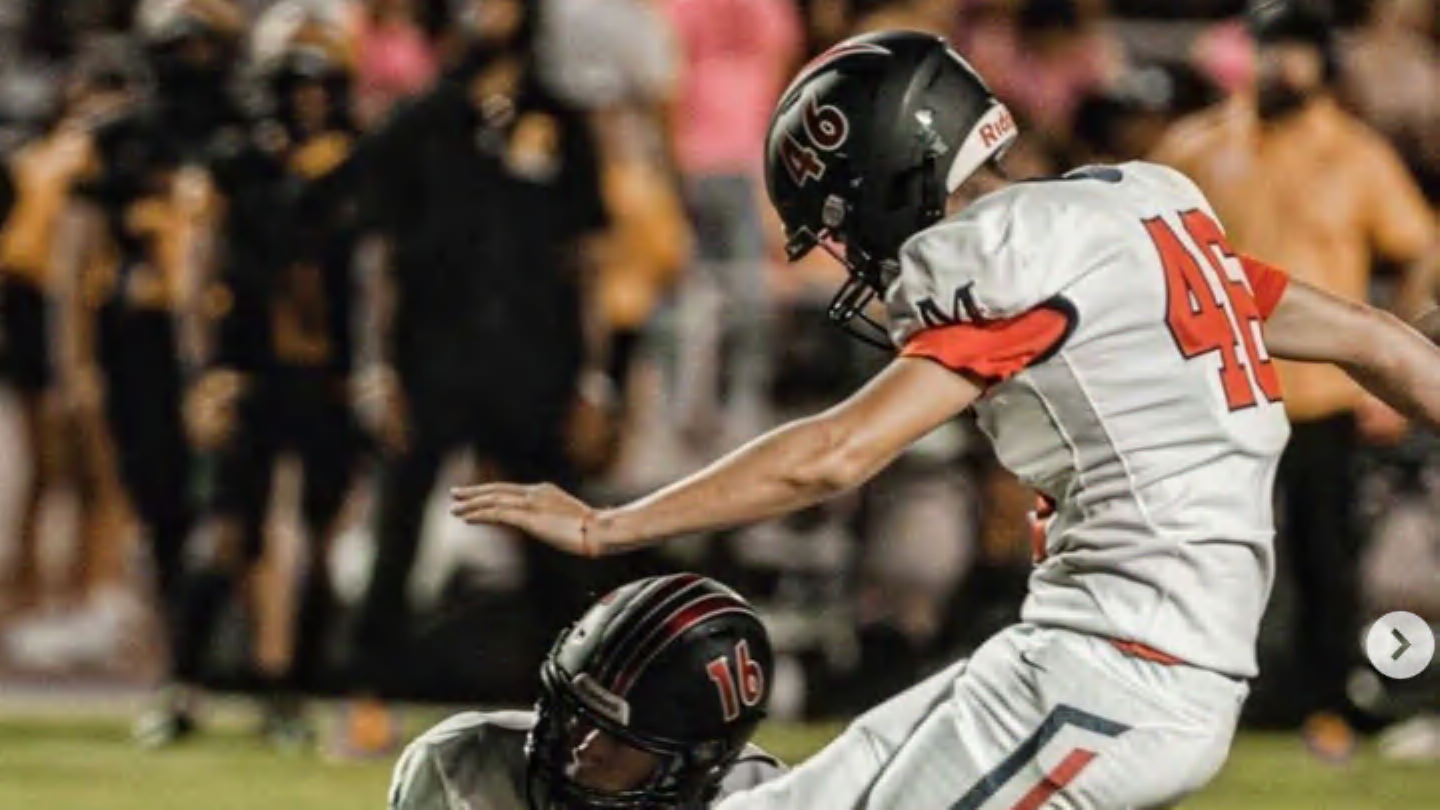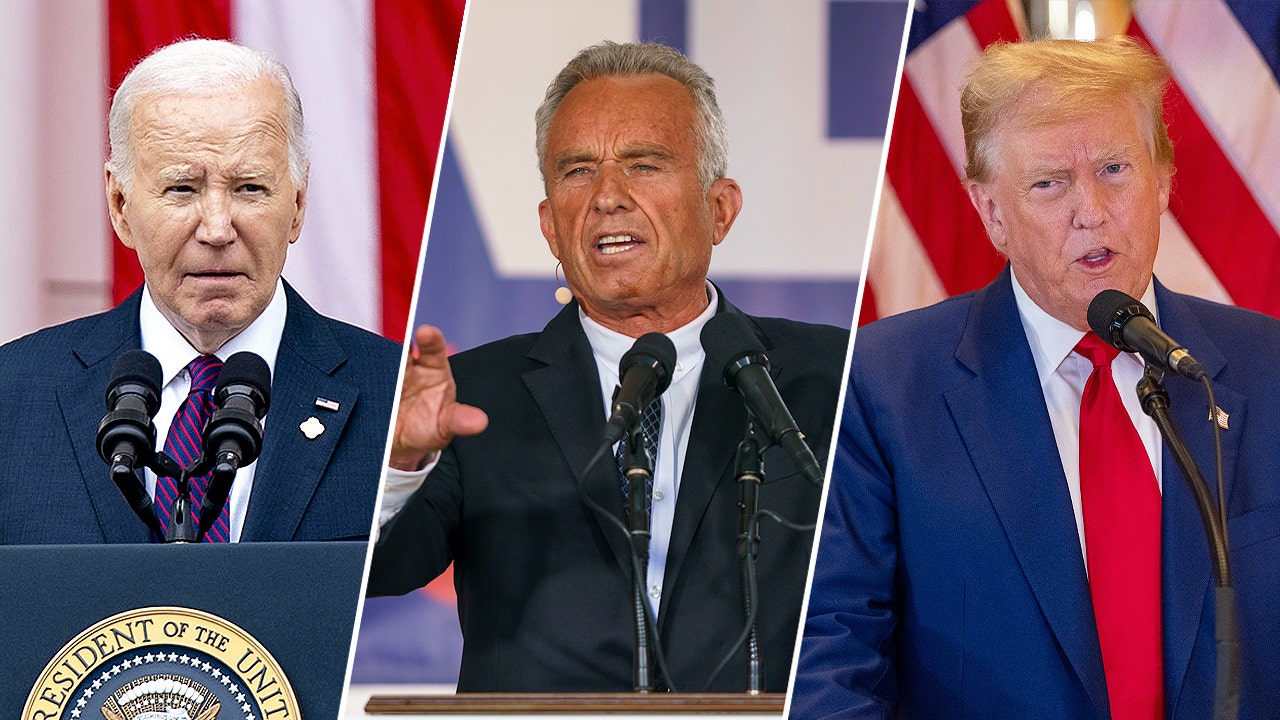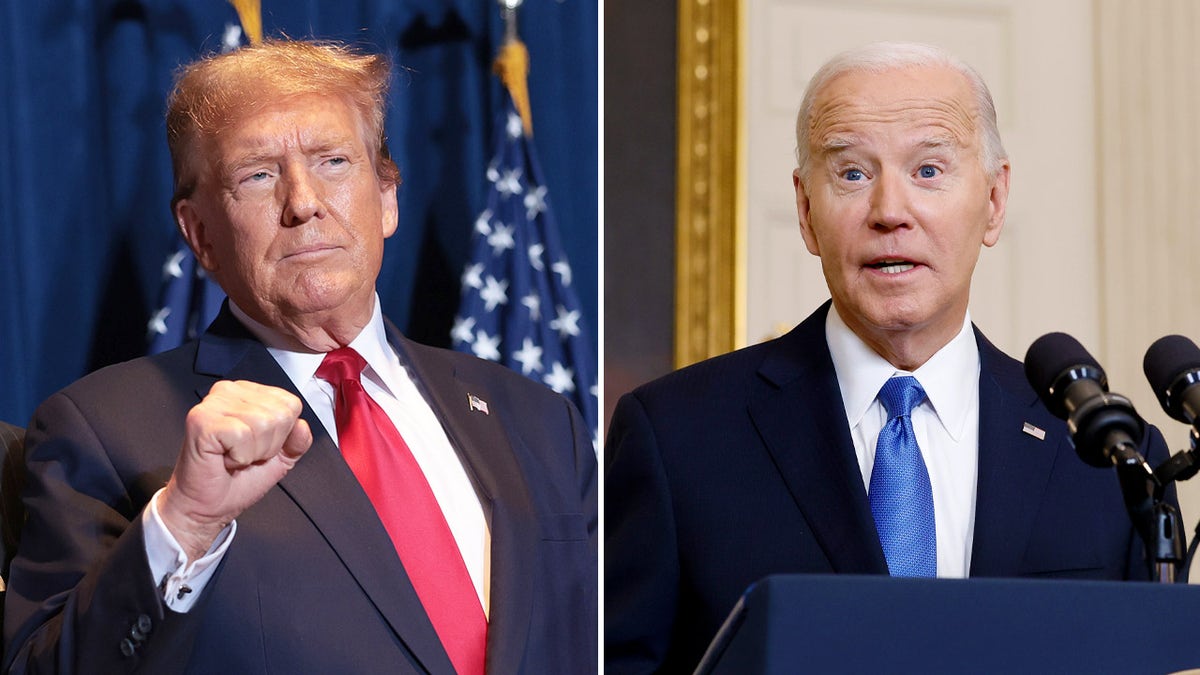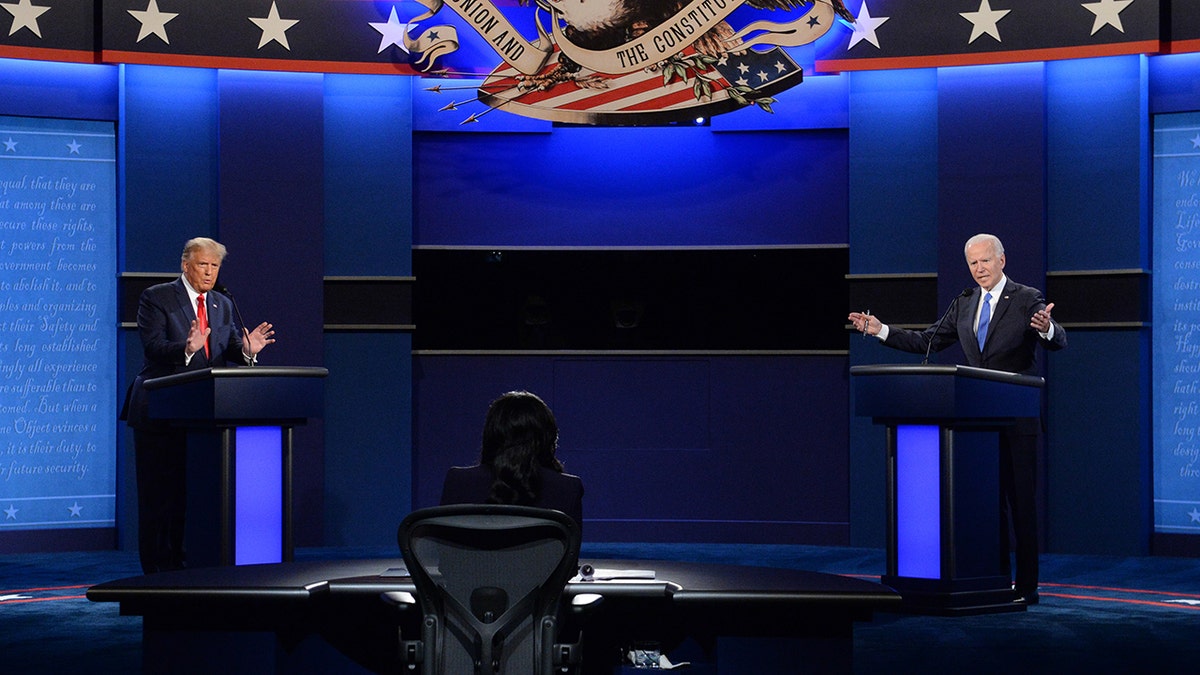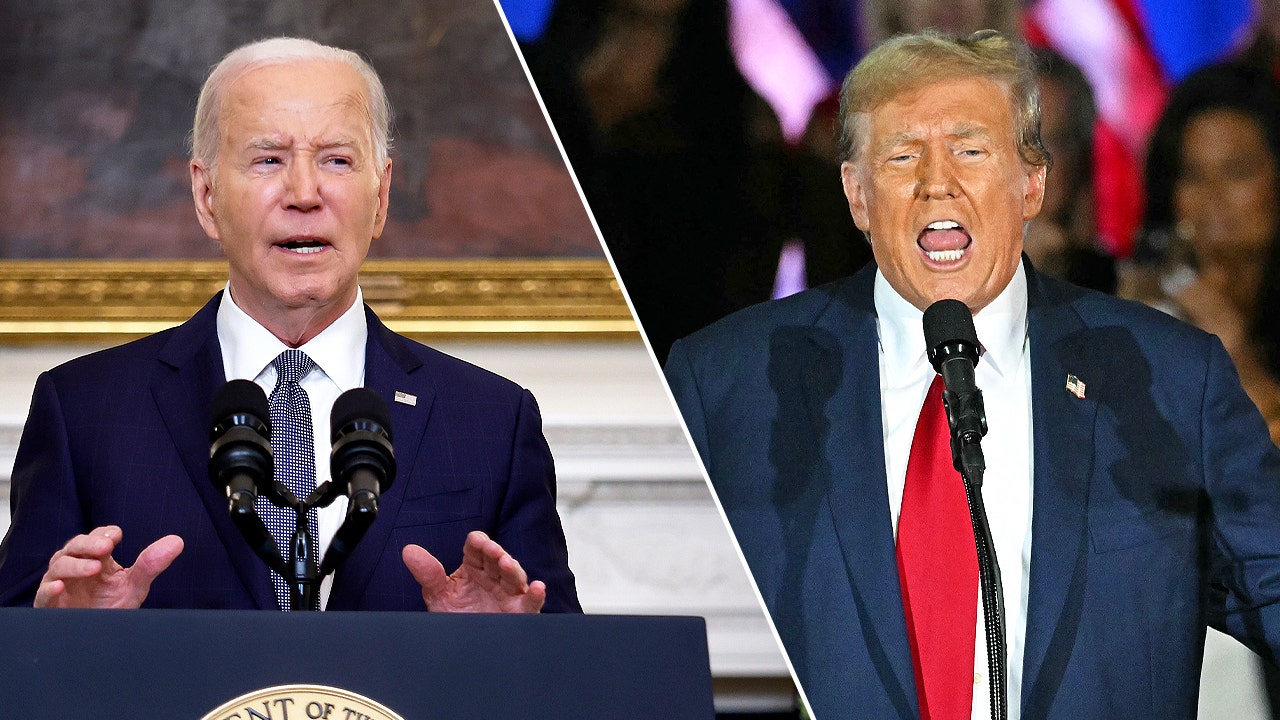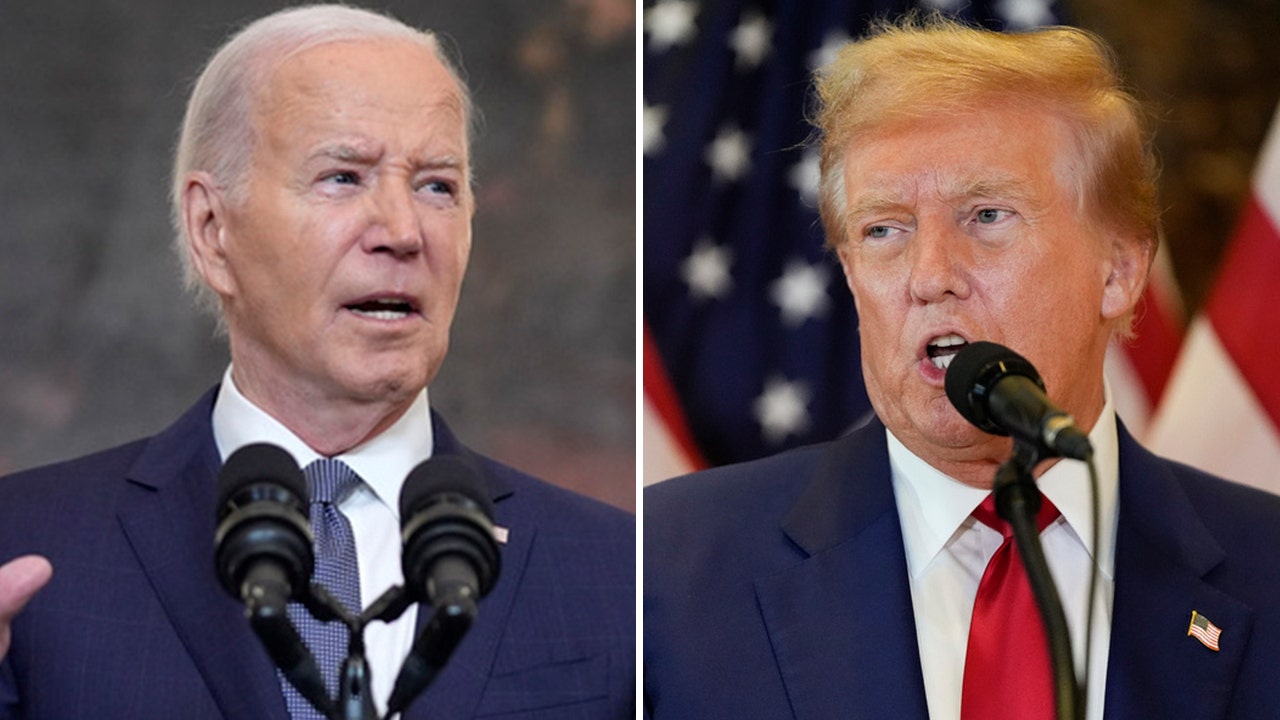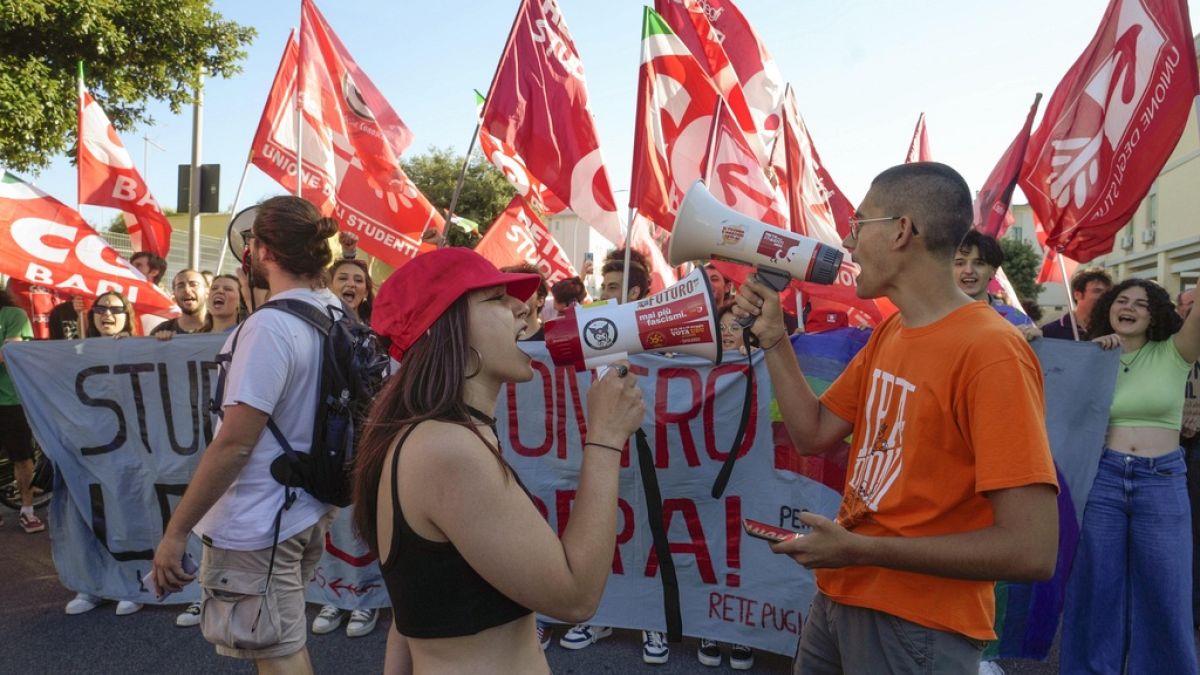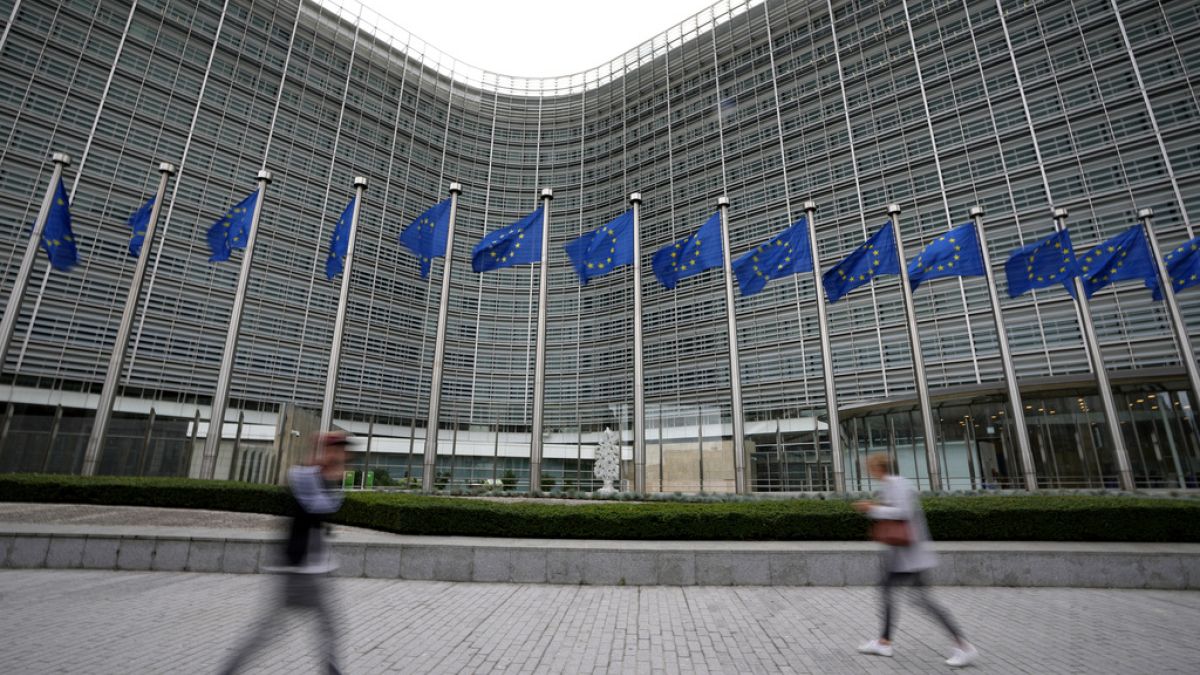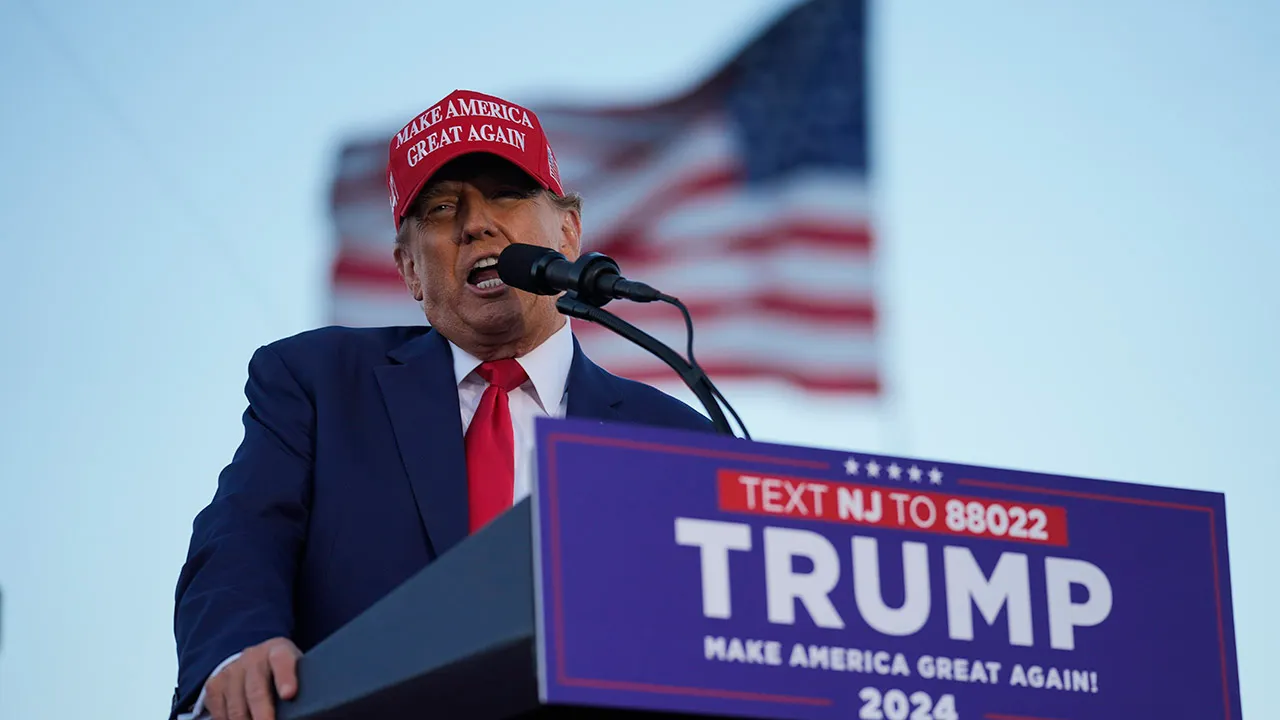When Rishi Sunak told his cabinet, after weeks of agonising, that he would hold a surprise July 4 general election, he immediately won the effusive support of his housing minister, Michael Gove.
“Who dares wins,” Gove said on Wednesday afternoon, quoting the SAS regiment’s motto. “You dared — and you will win.”
Gove would have received odds of 25-1 at Ladbrokes if he was prepared to back his assertion about a Sunak election victory with hard cash; the prime minister has embarked on a six-week campaign with his Conservatives trailing the opposition Labour party by more than 20 percentage points in opinion polls.
Not every minister backed his decision to call a snap election: Esther McVey said he should have waited longer to let the fruits of economic recovery feed through to voters. Ominously, McVey is the “minister for common sense”.
But Sunak received an enthusiastic show of ministerial support — loud banging on the cabinet table — as he prepared to venture out into the Downing Street rain to announce the July 4 election to the nation shortly after 5pm.
“We’d been checking the weather forecast for days,” said one Number 10 staffer, after the prime minister was drenched giving his statement. “But Rishi was only ever going to announce the election in the street. It was very British.”
Sunak’s decision to hold a summer election sparked an angry backlash from some despairing Tory MPs bemused by his move to go to the country when the party is so far behind in the polls.
One former minister branded the decision “insane”, while another Conservative MP said they felt “resigned” to losing their seat.
Lashing out at Sunak and his ability to jet off to California if he is defeated at the election, one arch Tory critic fearful of losing their seat said bitterly and with some exaggeration: “I don’t own a ranch in California.” (Sunak owns an apartment in Santa Monica.)
Other Conservatives insisted they did support Sunak’s decision. The mood among cabinet ministers was “up for it”, said one, who described the reaction to Sunak’s move as “a mixture of surprise and excitement”.
His allies said he had been increasingly minded to call a summer election over the past six weeks, with the decision crystallising in his mind over the past fortnight.
Crucially Sunak consulted chancellor Jeremy Hunt and they agreed that waiting until the autumn would bring little additional economic cheer, not least because the public finances could not withstand further tax cuts.
There were fierce debates inside Sunak’s inner circle about the timing of polling day; campaign chief Isaac Levido had long favoured the autumn, while chief of staff Liam Booth-Smith was thought to back an early election.
“In the end, they all agreed that it was Rishi’s decision and they would back whatever he wanted to do,” said an ally of the prime minister. “It was finely balanced, but this showed strength and courage — that’s what the public want from their politicians.”
Some backbench Tory MPs agreed. One said the decision showed “boldness”, while another said they were prepared to take the argument to voters. Positive sentiments were also aired on Conservative WhatsApp groups.
Speaking at a rally held at the ExCel Centre in London on Wednesday evening, Sunak told supporters that the past few years had been tough but he had delivered on his first priority. “To drive back inflation to normal.”

Ministers lined up around Sunak — who was still wearing rain soaked trousers — as he said that the “penny had dropped” around Europe that the government’s Rwanda asylum scheme was the way to tackle illegal immigration.
“We Conservatives have got a clear plan with bold action to secure a better future,” he said.
What Tory MPs admitted they could agree on was that the snap election had caught them by surprise. Sunak’s decision was so tightly held that even his closest cabinet allies were kept in the dark until the eleventh hour.
It was only at the unusually timed cabinet meeting on Wednesday afternoon that Sunak revealed his plan — less than an hour before he announced it to the country.
While ministers are normally permitted to miss the weekly cabinet meeting to attend to other pressing business, on this occasion Number 10 issued the instruction that all must be present.
That forced Lord David Cameron, the foreign secretary, to cut short a visit to Tirana where he had travelled to discuss immigration with Albanian Prime Minister Edi Rama.
Grant Shapps, the defence secretary, was meanwhile forced to delay a planned visit to the Baltics.
These moves and others — including chancellor Hunt’s decision to pull out of a television interview — fuelled speculation at Westminster on Wednesday morning that Sunak was about to call a summer election.
MPs, advisers and journalists frantically appealed to each other — both in the corridors of the Palace of Westminster and on WhatsApp — for concrete details about what Sunak planned, as the rumours reached fever pitch.
Just after midday, Sunak was challenged at prime minister’s questions in the House of Commons about the speculation by Stephen Flynn, the Scottish National party leader at Westminster. Sunak failed to rule out a snap poll, and his press secretary also declined to stamp out the possibility.
By early afternoon, most MPs believed a general election was likely. “It looks like it’s on,” said one Labour MP, who claimed the party was ready.
A despondent Tory MP said they believed that any Conservative colleagues with a majority below 15,000 were at risk.
The first clue that Sunak was considering cutting and running emerged last week, when Conservative bosses convened to discuss money and fundraising for a potential July poll.
Senior Tory figures were instructed to reach out discreetly to megadonors to see if large-scale donations could be elicited at short notice.
The crunch talks were first reported by the Financial Times, though Conservative officials dismissed the significance of the conversations at the time.
Shortly after cabinet ministers traipsed into Downing Street at about 4pm, senior Conservative figures confirmed the prime minister would announce the general election would take place on July 4.
Storm clouds hovered over Number 10 as journalists crammed into the press area waiting for Sunak to make his statement. The prime minister will hope the climate for the Conservatives improves in the next six weeks.






